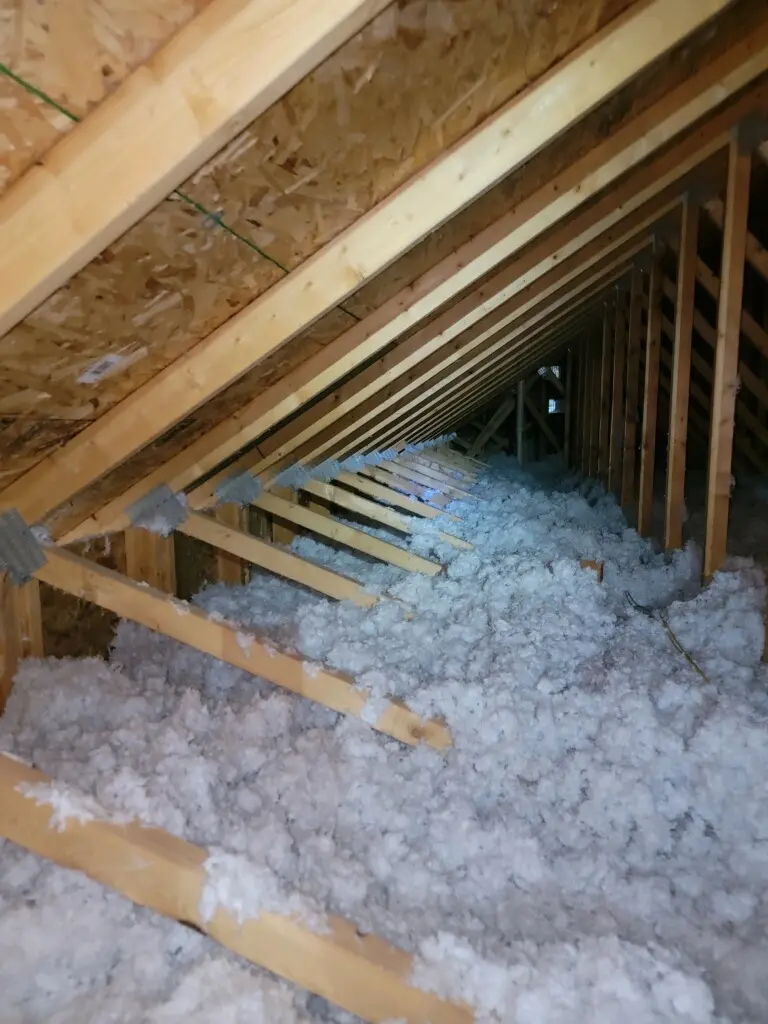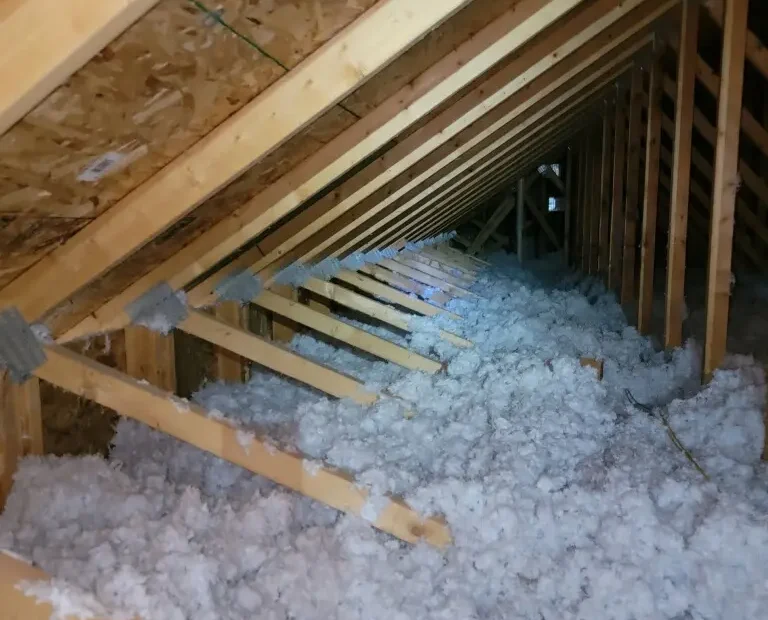Curious about the benefits of open cell spray foam insulation in the Midwest region of Indiana and Ohio? Let’s dive into how this innovative insulation solution can make a difference in your home’s comfort and energy efficiency.

Understanding the Basics of Open Cell Spray Foam Insulation
Open cell spray foam insulation is a cutting-edge solution that provides superior thermal insulation and air sealing properties for homes in the Midwest. Composed of tiny cells that are not completely closed, this foam is flexible and lightweight, expanding upon application to fill nooks, crannies, and hard-to-reach spaces effectively.
One of the key advantages of open cell spray foam is its ability to create an airtight seal, preventing air leakage and heat loss. By reducing energy waste, this insulation helps to maintain a consistent indoor temperature, resulting in lower utility bills and enhanced comfort for residents. Additionally, open cell spray foam has soundproofing qualities, minimizing noise infiltration from outside sources.
Moreover, open cell spray foam is an eco-friendly option as it is made from renewable resources and helps reduce the carbon footprint of a home. Its ability to limit moisture intrusion also contributes to preventing mold and mildew growth, promoting better indoor air quality.
Benefits of Using Open Cell Spray Foam in Midwestern Climates
In the unpredictable climate of the Midwest, with cold winters and hot summers, open cell spray foam insulation proves to be a versatile choice. Its flexibility allows it to adapt to temperature variations, expanding and contracting as needed to maintain its effectiveness throughout the seasons.
The efficient air sealing provided by open cell spray foam helps homes in the Midwest combat drafts and air infiltration, ensuring a more consistent and comfortable indoor environment year-round. By reducing the workload on HVAC systems, this insulation can lead to energy savings and extended equipment life.
For homeowners in Indiana and Ohio, where weather conditions can be harsh, open cell spray foam acts as a barrier against moisture, preventing issues such as condensation that can lead to structural damage over time. Its ability to resist mold growth makes it an ideal choice for maintaining a healthy living space.
Factors to Consider Before Installing Open Cell Spray Foam
Prior to installing open cell spray foam insulation in your Midwest home, it’s essential to consider several factors. Understanding the specific climate challenges of Indiana and Ohio, as well as the overall design and condition of your property, will help determine if this type of insulation is the right fit for your needs.
Assessing your home’s current insulation levels and identifying any areas of air leakage or inadequate insulation is crucial before opting for open cell spray foam. Consulting with a professional insulation contractor can provide valuable insights and help tailor a solution that addresses your home’s unique requirements effectively.
Best Practices for Applying Open Cell Spray Foam in Homes
When applying open cell spray foam insulation in Midwest homes, following best practices is essential to ensure optimal performance and longevity. Proper installation by experienced professionals is key to achieving the maximum benefits of this insulation material.
Ensuring that the application is done meticulously, covering all areas thoroughly and addressing potential air leakage points, will help guarantee a seamless and airtight seal. Adhering to manufacturer guidelines and industry standards during the installation process is paramount for the insulation to deliver its promised efficiency and comfort enhancements.
Common Misconceptions About Open Cell Spray Foam Insulation
Despite its numerous benefits, open cell spray foam insulation may be surrounded by misconceptions that can deter homeowners from considering it as an option for their properties. One common myth is that this type of insulation is not durable, which is untrue when properly installed and maintained.
Another misconception is that open cell spray foam can lead to moisture issues in homes, but with adequate ventilation and professional installation, this insulation actually helps to prevent moisture buildup and related problems. Addressing these misconceptions through accurate information can empower homeowners to make informed decisions about their insulation choices.
